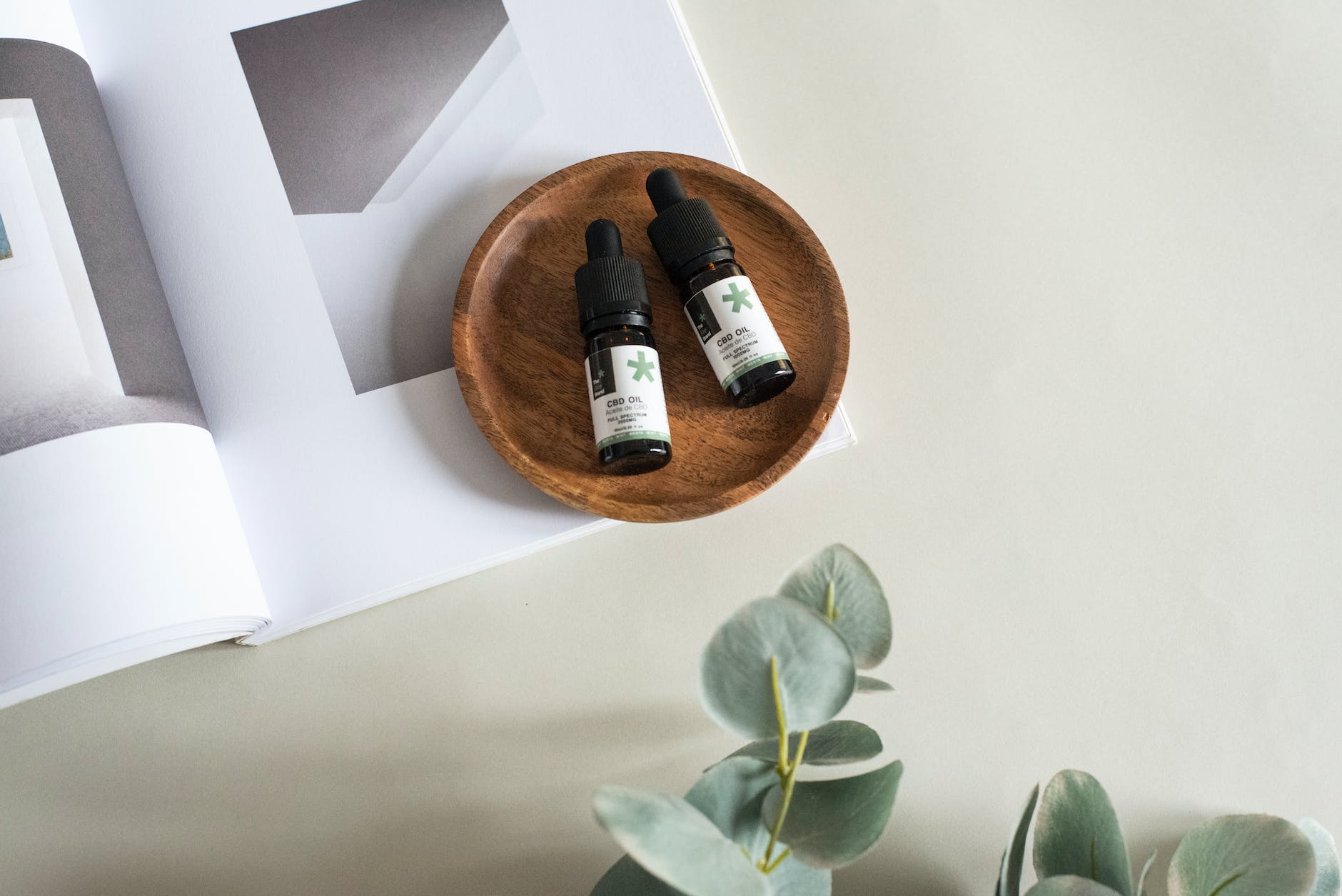In the wave of cannabis legalization and normalization, a particular buzzword has come to dominate discussions: CBD. Cannabidiol, or CBD as it’s more commonly known, is a non-psychoactive compound found in cannabis and hemp plants. Being non-psychoactive it does not produce the “high” associated with its more famous cousin, THC. The CBD benefits are countless and very promising in the realm of health and wellness.
One common misconception is that CBD isn’t as exciting or beneficial because it doesn’t produce a buzz. This couldn’t be further from the truth. CBD has a range of potential therapeutic uses supported by a growing body of scientific literature.
One of the most appreciated CBD benefits is its anti-inflammatory properties, as detailed in this medical publication. Chronic inflammation contributes to many non-infectious diseases such as heart disease, cancer, Alzheimer’s, autoimmune disease, and more. By reducing inflammation, CBD can help alleviate the symptoms of these diseases and improve overall health.
CBD’s anti-inflammatory properties also make it an effective tool for pain management, offering a more natural alternative to traditional pain relievers. Numerous studies, like this one, have demonstrated CBD’s effect on reducing pain and discomfort, showing promise for patients suffering from chronic pain conditions like fibromyalgia and multiple sclerosis.
Anxiety reduction is another one of the major therapeutic uses of CBD. This powerful compound has been found to reduce feelings of stress and unease, as revealed in this clinical trial. Furthermore, CBD has shown promise as a treatment for several anxiety disorders, including post-traumatic stress disorder (PTSD), panic disorder, obsessive-compulsive disorder (OCD), and general anxiety disorder (GAD).
Similarly, there is growing evidence that CBD may help with sleep improvement. This is thanks to its ability to regulate the body’s stress response, thereby leading to more relaxed, restful nights. A study involving 72 subjects showed that CBD could help improve sleep and reduce anxiety.
Moreover, CBD has been remarkably successful in epilepsy treatment, reducing the frequency of seizures in numerous clinical trials. In fact, the first publicly available, FDA-approved medication containing a purified form of CBD oil, Epidiolex, is used specifically for this purpose, as reported in this medical article.
The availability and range of CBD-infused products have grown tremendously. Now, CBD oil, tinctures, edibles, topicals, and even CBD-infused drinks are commonplace, attracting people with their supposed wellness benefits. The boom in CBD products is indeed a testament to the compound’s potential.
This surge in popularity, however, has brought with it the need for regulation and transparency in the CBD industry. Buyers today need to be conscious of product quality and make sure that the CBD is ethically sourced and contains the level of CBD it claims to provide.
On the whole, the promise held by CBD and its therapeutic uses is incredibly exciting. With its non-psychoactive nature and the multitude of benefits it offers—from pain management and anti-inflammatory properties to anxiety reduction, sleep improvement, and epilepsy treatment—CBD truly is a wonder component of cannabis that deserves all the praise and research it gets.
And while we see an abundance of anecdotal evidence supporting CBD benefits, more scientific research and clinical trials are needed to fully understand the compound’s potential and the specifics of its effects. But, the current findings clearly mark CBD as a compound of interest for both the medical community and anyone seeking natural, therapeutic benefits for health and well-being.
After all, as the understanding and acceptance of cannabis evolve, so too does the understanding of its most intriguing compounds—like CBD. It’s safe to say that the cannabis plant holds more secrets than those we’ve been told, and the future of health and wellness may indeed involve the further de-stigmatization and integration of this remarkable plant.


